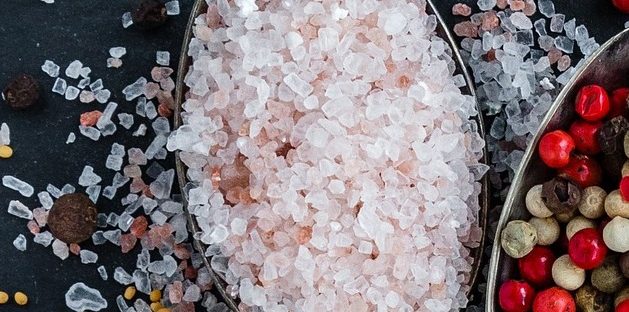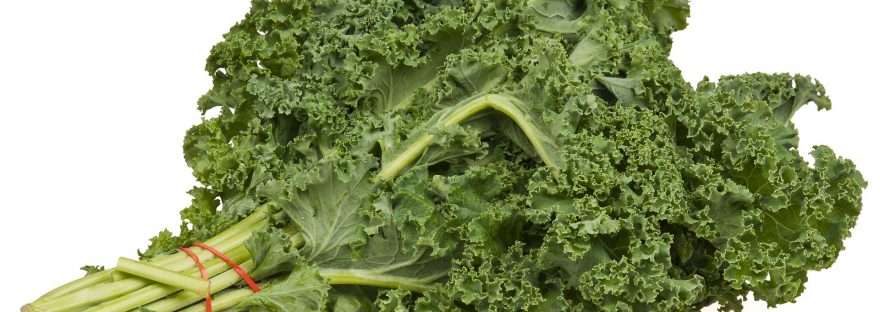
I don’t think there is enough awareness of the troubles that sugar causes in our body and how it is impacting our society as a whole. There have been some shocking research done on the impacts of sugar! We underestimate the impact of how what we put in our mouth impacts what is doing on in our body.
To help raise awareness on these challenges and how it is impacting us, an amazing line up of speakers has been brought together for the Kick Sugar Summit!
If you are aware of the “who’s who” in the low carb world, you will be impressed with the caliber of speakers being brought out for this FREE online event.
Day 1 – June 10, 2019
Dr. Robert Lustig – Professor Emeritus University California San Francisco
Dr. Vera Tarman – Author of Food Junkies: Recovery from Food Addiction
Dr. Brian Lenzkes – Voted One of the “Top Doctors” in San Diego for 11 Years
Gin Stevens – Author of Delay, Don’t Deny: Living an Intermittent Fasting Lifestyle
Dr. Robert Cywes – Bariatric Surgeon
Doug Reynolds – Founder of LowCarb USA
Dr. Chris Palmer – MD, Associate Professor of Psychiatry Harvard Medical School
Dr. Bret Scher – MD, Cardiologist, Stanford Graduate
Day 2 – June 11, 2019
Gary Taubes – Author of Why We Get Fat and The Case Against Sugar
Wolfram Alderson – CEO Hypoglycemia Support
Dr. Nasha Winters – Author of Metabolic Approach to Cancer
Dr. David Diamond – MD, PhD, Neuroscientist
Craig Emmerich – Author of Keto: The Complete Guide to Success
Dr. Lewis Cantley – The Cantley Lab
Belinda Fettke – The Driving Force Behind the Current Dietary Guidelines
Bitten Jonsson – Leading Sugar Educator
Day 3 – June 12, 2019
Prof. Tim Noakes – Professor Emeritus University of Capetown
Dr. Mark Cucuzella – MD, FAAFP, Professor at West Virginia University School of Medicine
Dr. Jake Cushner – MD, Medical Director of McNair Interests
Dave Feldman – The Cholesterol Code
Jackie Eberstein – RN, Former Director of Medical Education at The Atkins Center
Dr. Gary Fettke – Orthopedic Surgeon Low Carb Crusader
Dr. Shawn Baker – Orthopedic Surgeon Author of The Carnivore Diet
Julia Ross – Author of The Mood Cure, The Craving Cure
Dr. Kristie Sullivan – Author of Keto Gatherings & Keto Living Day By Day
Day 4 – June 13, 2019
Thomas DeLauer – Nutrition and Business Performance Coach
Lynn Terry – TravelingLowCarb.com, Keto Expert – on Keto for 8 years
Lisette Cifaldi – Founder & CEO of Eating Sanity
Dr. Antonio Martinez II – Attorney and Patient/Health Advocate
Dr. Keith Berkowitz – MD, Founder & Director of the Center for Balanced Health
Alison Gannett – Cooking for Cancer Keto Coach
Dr. Ben Bocchicchio – “Slow Maximum Resistance Training” AKA ‘S.Ma.R.T™’
Dr. Josh Turknett – MD, Author of the Migraine Miracle
Brandon Straker – Coach & Personal Trainer – Reset U Fitness
Day 5 – June 14, 2019
Pete Evans – Author, Chef & Producer of The Magic Pill Documentary – Netflix
Dr. Aseem Malhotra – Internationally Renowned Cardiologist
Andy Petranek – Co-Founder of the Whole Life Challenge
Ann Childers – Psychiatric Physician
Dr. Joan Ifland – PhD, MBA, Food Addiction Professional
Dr. Hassina Kajee – MD, Board of Directors of The Noakes Foundation
Jayne Bullen – MBA, Managing Director of the Noakes Foundation Nutrition Network
Peter Ballerstedt – PhD, University of Georgia, University of Kentucky
Rita Venter – Banting 7 Day Meal Plans
If you are looking to learn the science behind how sugar impacts us and how the low carb and keto world makes it so much easier, and enjoyable, to be sugar-free, register today at the Kick Sugar Summit Registration Page.
What is the big deal behind sugar anyway? The Diet Doctor has released a very good article on How Sugar Damages the Brain. It is not just about weight gain. Sugar causes inflammation, high blood pressure, creates insulin resistance, and…many more damaging effects on the body. This is important information that everyone should know. I hope you will take the time to check it out!
Kicking sugar is one thing that most people experience immediate health benefits from and feel noticeably better. Good luck in your own personal health journey!





